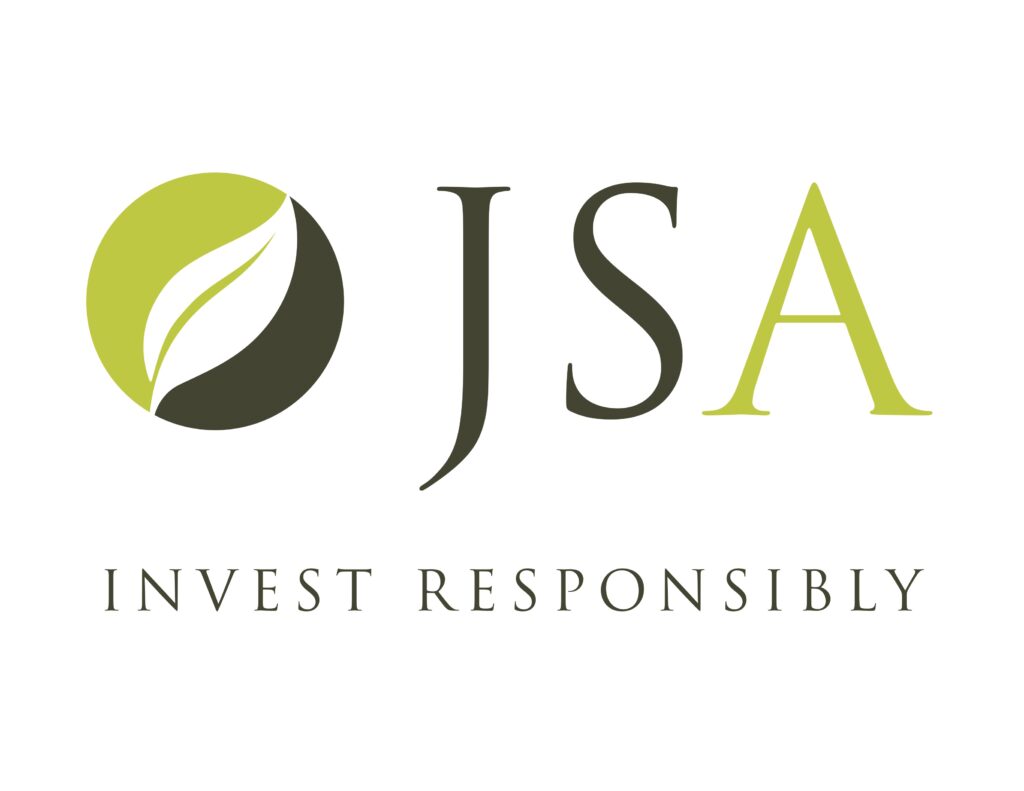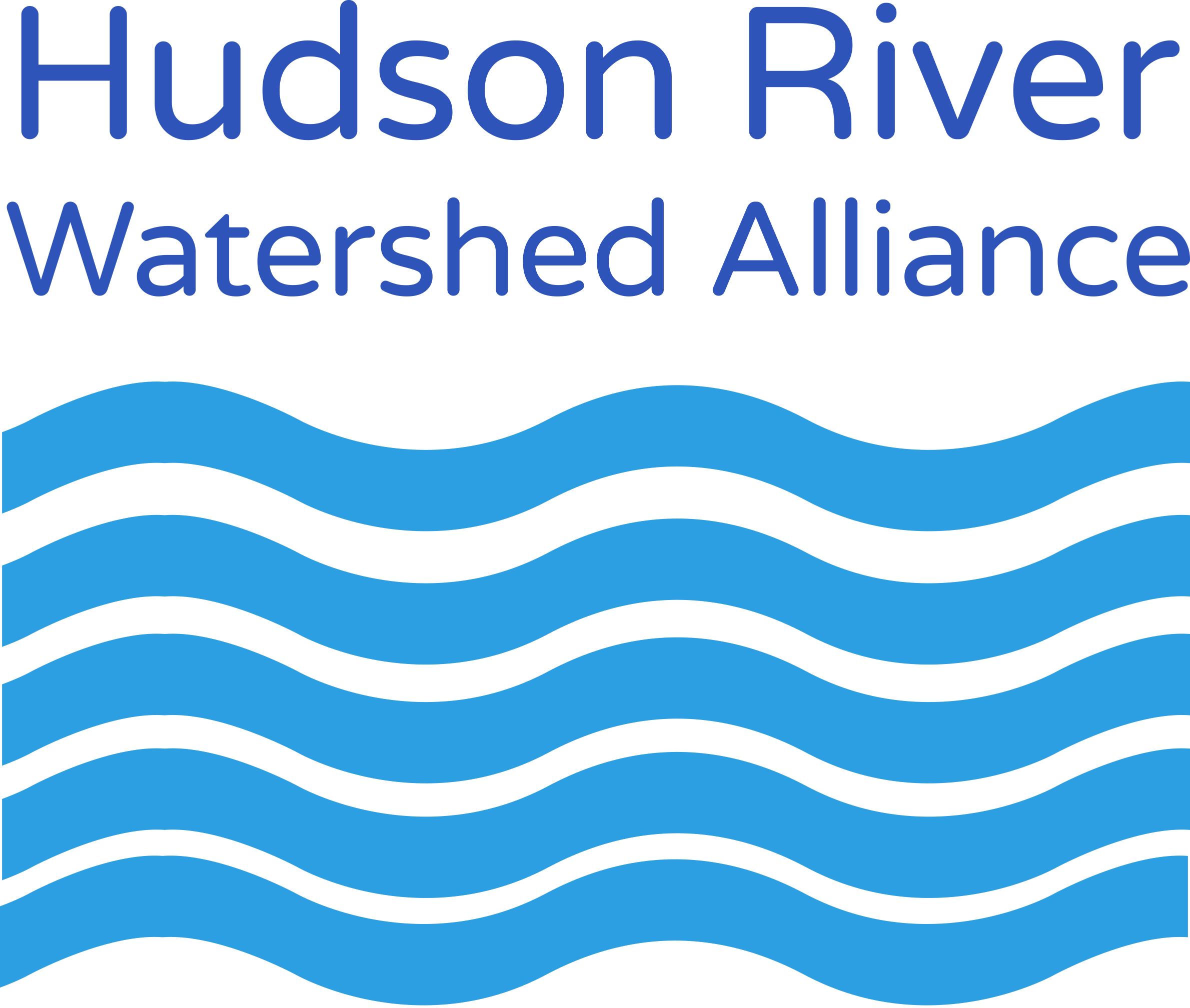Work on Watersheds During COVID-19 Panel Discussion: October 26, 1-2 PM
Assessing Barriers and Opportunities for Clean Water: October 27, 1-3:30 PM
Creating Connections for Science Communication: October 28, 1-3 PM
Collaborating on Water Quality: October 29, 1-2 PM
Building Shared Leadership: October 30, 1-2 PM
Happy Hour/Networking: October 30, 5-6 PM
In 2019-2020, the Hudson River Watershed Alliance conducted a needs assessment of our local watershed partners to better understand the barriers they face, along with their strengths and accomplishments. Our 2020 virtual conference will focus on the needs of watershed groups, including trainings to meet those needs.
We’ll kick things off with a panel discussion on October 26 with watershed groups that have been actively working during the COVID-19 pandemic. We’ll have a “plenary” session on October 27 to share our needs assessment findings and updates from New York State agencies. A series of three interactive workshop sessions on October 28, 29, and 30 will help watershed groups and their partners to be more effective. We’ll close with a happy hour and time for networking on October 30.
Conference schedule and registration are below. Each session is structured a little differently to best suit the material. Participants may choose to attend some or all of the sessions, and pay for their selected sessions only.
Interested in sponsoring the watershed conference? More information here.
Conference Schedule
All sessions will be held on Zoom. Please ensure you have the latest version downloaded. Links to join each session will be sent to registrants closer to the date. A PDF of the conference schedule is available here.
Registration for each session will close a half hour before it begins. Please plan accordingly!
Monday, October 26, 1-2 PM
Work on Watersheds During COVID-19 Panel Discussion
Lindsey Drew, Saw Kill Watershed Community and Bard Center for the Study of Land, Air, & Water
Nicole Laible, Minisceongo Creek Watershed Alliance and Rockland County Soil & Water Conservation District
Jen Rawlison and Mary Wagner, Newburgh Clean Water Project
Despite the challenges of COVID-19, work on watersheds continues! Join us for a free panel discussion to kick off our annual conference and hear about how watershed groups have adapted their work to protect clean water in 2020. We’ll hear from members of the Saw Kill Watershed Community, Minisceongo Creek Watershed Alliance, and Newburgh Clean Water Project about monitoring water quality, cleaning up streams, protecting drinking water, engaging the community, and more.
Cost: free
Level of engagement: Video and audio will be off for participants. We encourage interactions through chat and questions through Q&A box. This session will be recorded and posted publicly to view.
Tuesday, October 27, 1-3:30 PM
Assessing Barriers and Opportunities for Clean Water
1:00-1:10 PM: Welcome & Introduction
Ryan Palmer, Center for the Urban River at Beczak
Emily Vail, Hudson River Watershed Alliance
1:10-1:40 PM: Assessing Barriers and Opportunities for Clean Water
Michael Finewood, Pace University
Emily Vail, Hudson River Watershed Alliance
1:40-2:05 PM: Collaborating with Community Partners
Tim McQueen, Envyus Sound
2:05-2:15 PM: Break
2:15-3:15 PM: Updates from New York State Agencies
Mark Lowery, NYS DEC Office of Climate Change
Libby Zemaitis, NYS DEC Hudson River Estuary Program
Frances Dunwell, NYS DEC Hudson River Estuary Program
3:15-3:30 PM: Closing
Emily Vail, Hudson River Watershed Alliance
In 2019-2020, the Hudson River Watershed Alliance conducted a needs assessment based on interviews of our local watershed partners. Emily Vail, Hudson River Watershed Alliance, and Michael Finewood, Pace University, will present findings from this study. We’ll hear case studies that illustrate themes of the needs assessment. State agency programs will provide updates, including implementation of the Climate Leadership and Community Protection Act and Climate Risk & Resiliency Act, Climate Smart Communities certification, and news from the Hudson River Estuary Program.
Cost: $20, $10 students
Level of engagement: Video and audio will be off for participants. We encourage interactions through chat and questions through Q&A box. This session will be recorded and posted for registrants to view.
Wednesday, October 28, 1-3 PM
Creating Connections for Science Communication
Alan Alda Center for Communicating Science
The Alda Center’s Creating Connections program is a two-hour live, online workshop designed to help scientists and researchers learn to engage and inspire diverse audiences through effective communication, with a particular focus on virtual interactions. Participants will learn how to balance being prepared with responding in the moment to address questions. The program emphasizes universal communication strategies, including avoiding jargon, and technical skills for creating engagement online, including camera angles and sound levels. The Alda Method is a unique approach to science communication training that combines improvisational theater-based techniques with message-design strategies, including analogies and narrative. It incorporates research and best practices from science communication, journalism, ethics, and other relevant fields.
Cost: $10
Level of engagement: Highly interactive, video and audio are required. This session is limited to 100 participants.
This session has been funded in part by a grant from the New York State Environmental Protection Fund through the Hudson River Estuary Program of the New York State Department of Environmental Conservation.
Thursday, October 29, 1-2 PM
Collaborating on Water Quality
Eli Dueker, Bard College
Jennifer Epstein, Riverkeeper
Water quality monitoring provides important information to develop strategies to protect or restore streams. Community groups, academic institutions, municipalities, government agencies, and non-profits bring different areas of expertise to the table through collaborations. Eli Dueker will present a framework on community-centered science, including his experience with the Bard College Center for the Study of Land, Air, and Water and Saw Kill Watershed Community. Jennifer Epstein from Riverkeeper will describe participating in NYS DEC’s new Professional Evaluation of Rivers and Streams (PEERS) program to study nutrients in the Sparkill Creek and Saw Mill River. Come prepared to share your experiences with and questions about collaborative science.
Cost: $10
Level of engagement: Interactive, video and audio are recommended.
Friday, October 30, 1-2 PM
Building Shared Leadership
Julia Farr & Shaniqua Bowden, Kingston Land Trust
Micah Blumenthal, Good Work Institute
Shared leadership shifts away from hierarchies and towards mutual accountability, decision-making, and conflict resolution. The benefits include empowerment, healthier work relationships, and more even distribution of responsibilities. This shift requires trust, along with new policies, practices, and ways of communicating. Micah Blumenthal from Good Work Institute will provide an overview of shared leadership models and definitions of key ideas to frame our conversation. Julia Farr and Shaniqua Bowden from Kingston Land Trust will share how they have implemented a shared leadership model to better meet the needs of their organization and the community. Kingston Land Trust protects environmentally and socially significant land, while working collaboratively to address inequities by making land accessible to the community.
Cost: $10
Level of engagement: Interactive, video and audio are recommended.
Friday, October 30, 5-6 PM
Happy Hour/Networking
Join us for an informal happy hour and networking session after the conference. Connect with colleagues, debrief from the conference, and meet new people who are interested in watershed protection.
Cost: free
Level of engagement: Highly interactive, video is recommended and audio is required. This session will be limited to 100 participants.
Thank you to our sponsors!
Conference Sponsors:



Creek Sponsors:
Pace University
Riverkeeper
Stream Sponsors:
Delaware Engineering
Law Office of David K. Gordon
Main Printing
Nelson, Pope & Voorhis
Rockland County Soil & Water Conservation District
SunCommon
Brook Sponsors:
CEA Engineers
The Chazen Companies
Strong Outcomes
Woodstock Land Conservancy
Philip DeGaetano
Mary McNamara
Kate Meierdiercks
Ryan Palmer
Matt Shook

